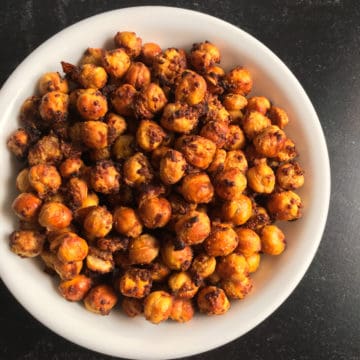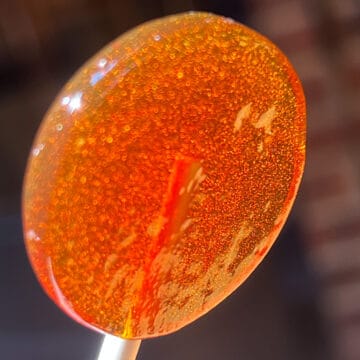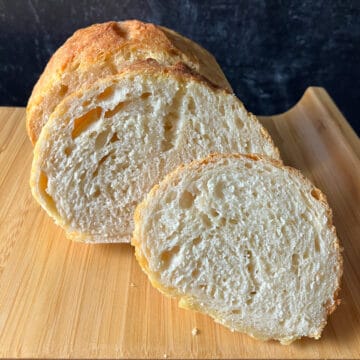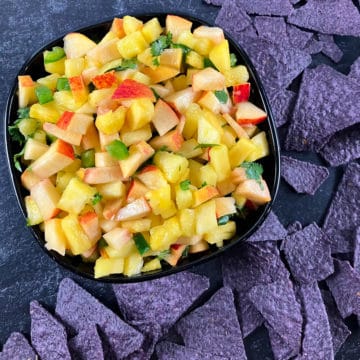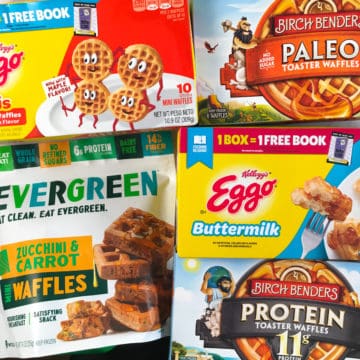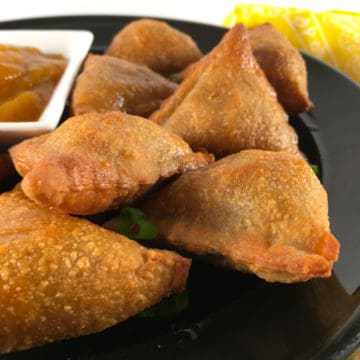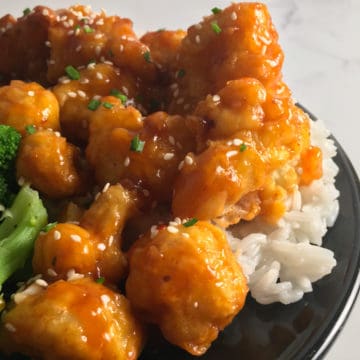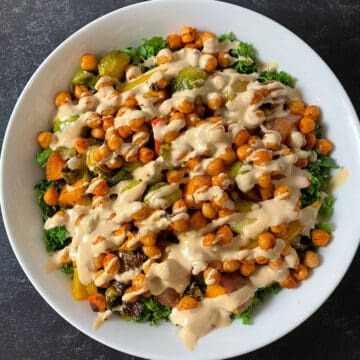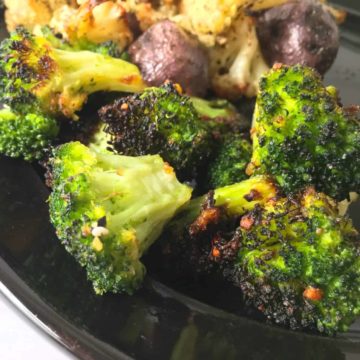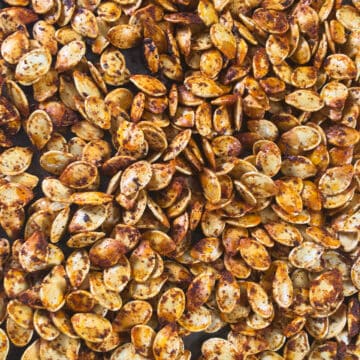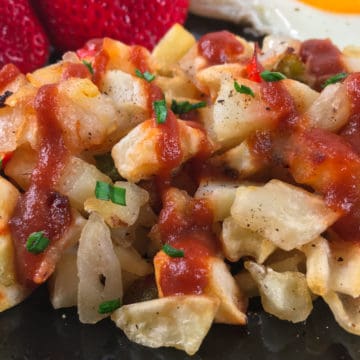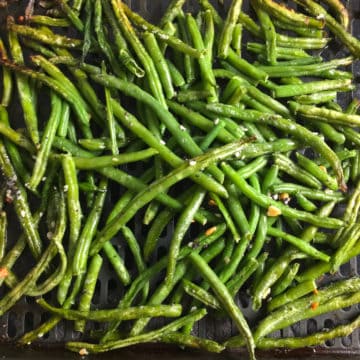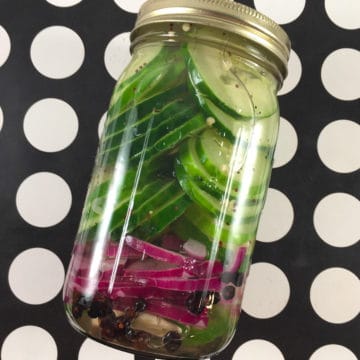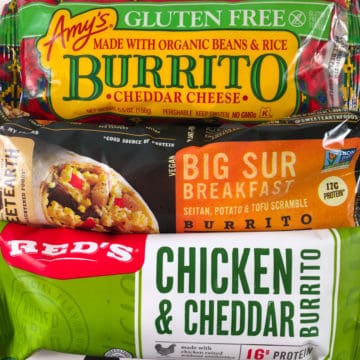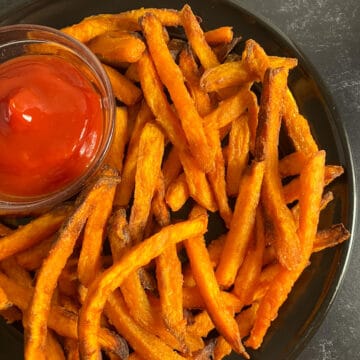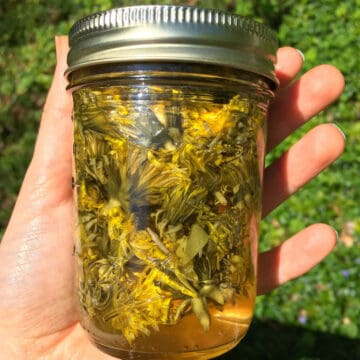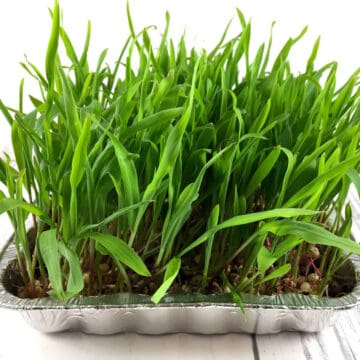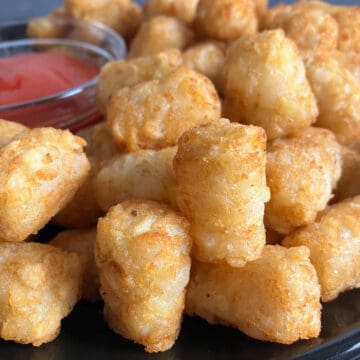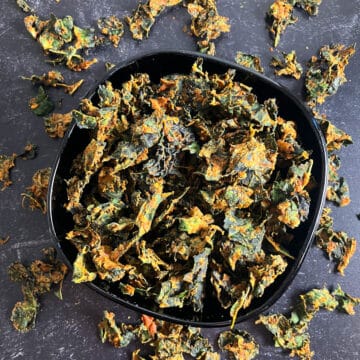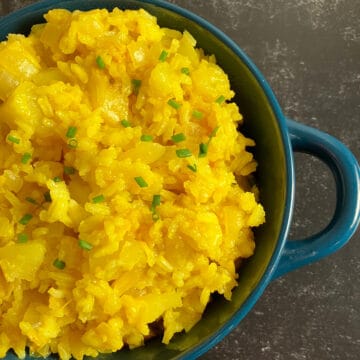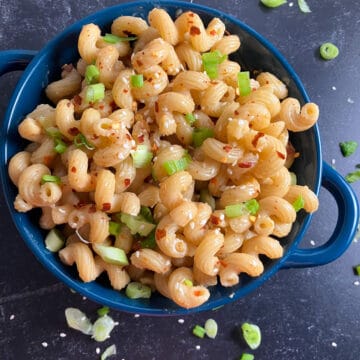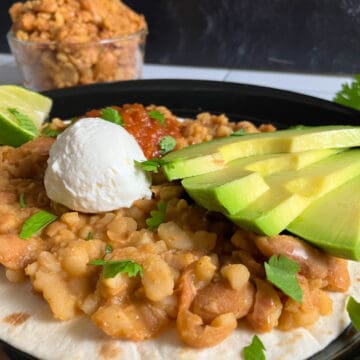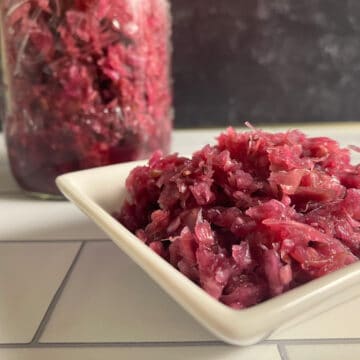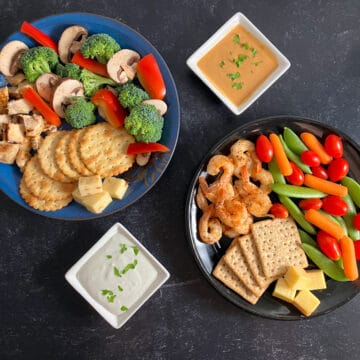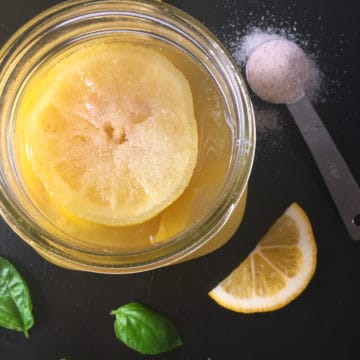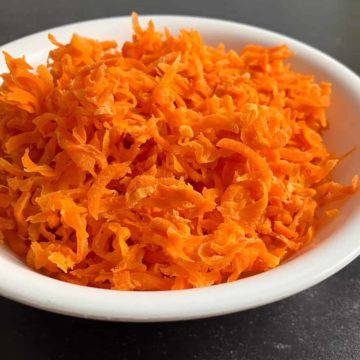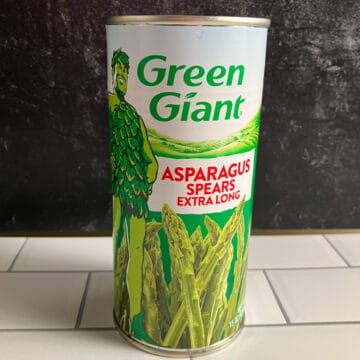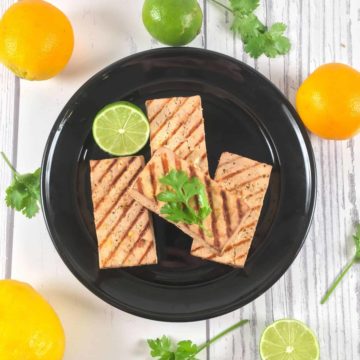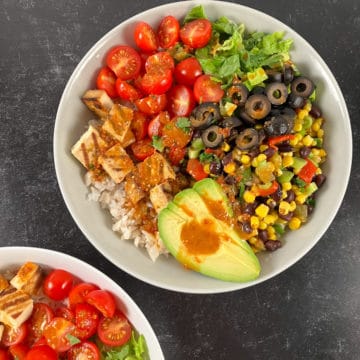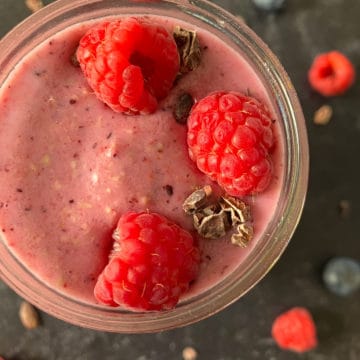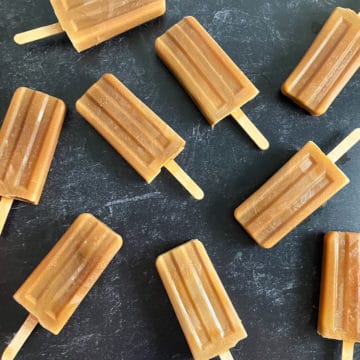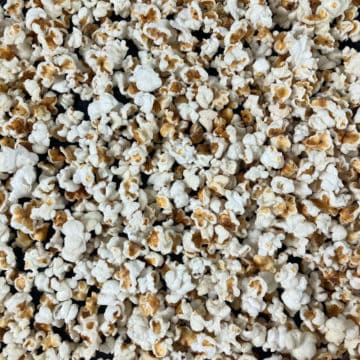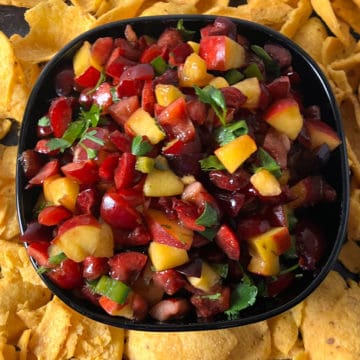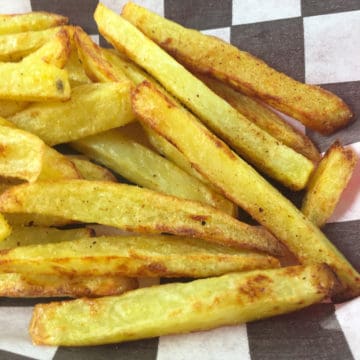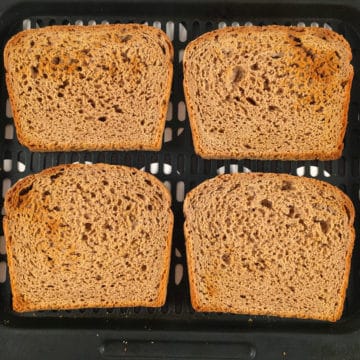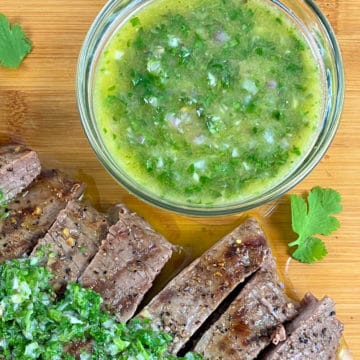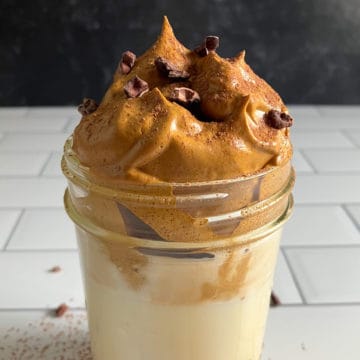Vegan Recipes
Vegan cooking beginner? Don't miss my post on 30+ Whole Foods Plant Based Snacks. You'll find an assortment of vegan recipe ideas.
I was vegan in my late teens and throughout my 20s, up until my cancer diagnosis at age 29. As a result of this experience, I know a thing or two about vegan cooking and how to make plant-based foods DELICIOUS. (Woohoo!)
Yum factor aside, there are some nutritional differences between vegan and omnivore diets. You need to learn about them if you're interested in this way of eating.
First, vitamin B12 is only naturally sourced (reliably!) in animal-based foods. Vegans must supplement with this vitamin and use fortified foods to get what they need.
Next, vegetarians and vegans have nearly twice the RDA for iron compared to omnivores. Beans and iron-fortified cereals are two great sources. Enjoy plant-based foods containing iron with sources of vitamin C to help increase absorption.
Vegetarians should be aware that milk is not a good source of iron. Eggs contain a protein called phosvitin which binds to iron, leading to poor bioavailability of the mineral from this food source.
Additionally, unlike the protein in animal-based whole foods, most sources of plant-based proteins are lacking in one or more of the essential amino acids. Eating a variety of plant-based protein sources daily will help ensure you get the essential amino acids you need. That said, you likely don’t need to worry about combining foods to make “complete proteins” with each meal.
Ready to get started on your vegan journey? Here are my most recent posts in this category:
-
Ninja Air Fryer Chickpeas (Garbanzo Beans Time and Temp)
-
Maple Syrup Lollipops Recipe (How to Make Maple Lollipops)
-
Cherry Mango Popsicles Recipe
-
Air Fryer Bread Recipe (How to Air Fry Bread)
-
Peach Pineapple Salsa Recipe
-
Frozen Waffles in Air Fryer (Eggo, Protein Waffles, Mini Waffles)
-
Air Fryer Samosa (Samosa in Air Fryer Time and Temperature)
-
Trader Joe’s Kung Pao Tempura Cauliflower (Air Fryer Recipe)
-
Low Calorie Nourish Bowls with Dressing (Vegetarian, Vegan)
-
Air Fryer Frozen Vegetables (No more mushy frozen veggies!)
-
Keto Pumpkin Seeds Recipe (Are Pumpkin Seeds Keto?)
-
Tovolo Popsicle Molds Recipes (Zombie Popsicle and more!)
-
Frozen Diced Hash Browns in Air Fryer (Frozen Diced Potatoes)
-
Frozen Green Beans (Air Fryer Time and Temp)
-
Pierogies in Air Fryer Recipe (Air Fryer Pierogies)
-
Air Fryer Banana Chips (How to Dehydrate Bananas in Air Fryer)
-
Refrigerator Dill Pickles No Sugar- Sugar Free Refrigerated Pickles
-
Frozen Burrito in Air Fryer (Can you air fry frozen burritos?)
-
Are Frozen Sweet Potato Fries Healthy?
-
Dandelion Vinegar Recipe (How to Make Dandelion Vinegar)
-
How do you grow popcorn grass?
-
Ore Ida Tater Tots Air Fryer Recipe (Crispy Crowns, Mini, more)
-
Garlic Kale Chips (Vampire Killer Kale Chips Recipe for Dehydrator)
-
Potato Rice (Rice and Potatoes Recipe)
-
Tahini Pasta Recipe (Vegan Pasta with Tahini Sauce)
-
Peruvian Beans Recipe (AKA Canary, Peru, or Peruano Beans)
-
Fermented Red Cabbage Sauerkraut Recipe
-
MyPlate Meals Examples (MyPlate Meal Planner Food Guide)
-
Fermented Lemons (Preserved Lemon Slices Recipe)
-
Carrot Candy Recipe (Candied Carrot Cake Decoration or Garnish)
-
Chocolate Covered Pineapple Recipes (Pineapple Rings, more!)
-
Asparagus in a Can (Canned Asparagus Recipe)
-
How to Smoke Tofu in a Smoker (Smoked Tofu Recipe)
-
High Protein Buddha Bowl (Vegan Mexican Tofu Bowl Recipe)
-
Keto Berry Smoothie (Vegan Keto Smoothie Recipe)
-
Healthy Ice Cream Alternatives (Ice Cream Substitute Ideas!)
-
Best Popcorn Alternative (Popcorn Substitute Ideas!)
-
Best Salsa Substitutes (Plus Substitute for Salsa Recipe!)
-
Instant Pot Fries (Pressure Cooker French Fries Recipe + VIDEO!)
-
How to Toast Bread in Air Fryer Recipe
-
Cilantro Chimichurri No Parsley (Chimichurri without Parsley)
-
Dalgona Coffee without Sugar (Whipped Coffee without Sugar)


